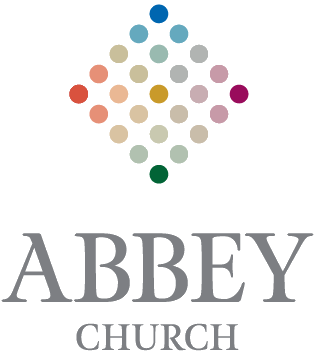- What Retirement is
- Preparing for Retirement (as a ‘Sphere of Influence’)
- Continuing in Retirement
- Pensions, Health and other scenarios
What Retirement is
Eventually most people will retire; although the age of retirement is likely to rise because of the economic crisis and because of improved health systems. Some people may never retire, believing that it is their vocation until they die. Given the distinction we have made between ‘work and ’employment’ we might argue that people may retire from employment but continue to work to the end of their days. Certainly they have a great deal to offer in terms of skill, experience and wisdom; along with the increased time and freedom to make all of this available for others.
Preparing for Retirement (as a ‘Sphere of Influence’)
We should view retirement as yet another ‘sphere of influence’ because retired people can make a remarkable difference in their communities and even beyond their communities in overseas mission. Many can testify to the radical lives they have lived subsequent to retirement, so we should gather these examples to inspire those who are planning towards retirement.
Continuing in Retirement
Even though certain faculties will reduce with age and energy levels may drop, it can still be the case that members of our community can find a new lease of life, a stiller sense of being in God’s world and a greater attentiveness to God encounters. If anything this has been an untapped seam.
“I am this day eighty-five years old. I am as strong to this day as I was in the day that Moses sent me…”
(Joshua 14:10 – spoken before he finally enters to Land of Promise)
Pensions, Health and other scenarios
Nor should we assume that individuals will or even can make adequate provision ‘for their old age’ so as to live independently of others. It may be that the opposite will become the norm, in which case the Church will again assume the role of protector and carer of its older members. In fact, it may be that we are called to model a different way of being community that is the ultimate ‘welfare state’ where people are honoured and valued for who they are, not for what they can contribute.
